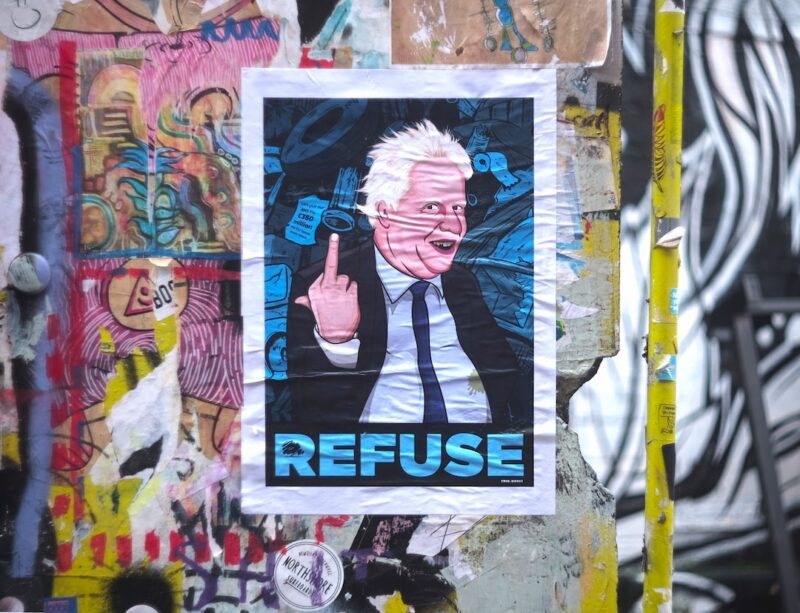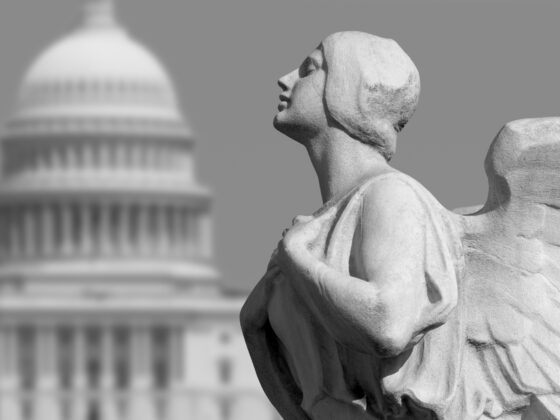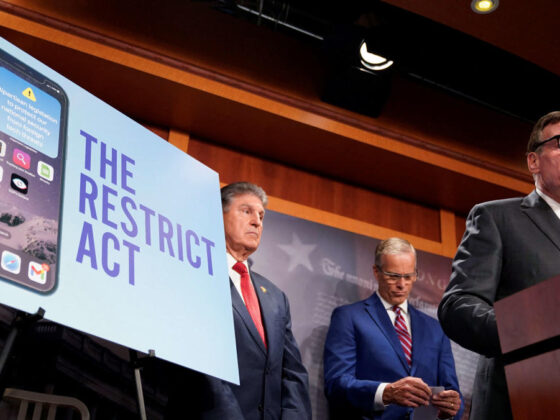The Behavioural Insights Team (BIT) was set up in 2010 by the UK Cabinet Office to nudge the population into doing things they might not necessarily decide to do without prompting. Since then it has gone from strength to strength, massively expanded and its methods exported around the world.
David Halpern, a British psychologist, has been in charge of the BIT since its formation. In an astonishing admission in a recent Telegraph ‘article’, David revealed how he and his team even used their techniques on Boris Johnson, the Prime Minister of the UK at the time.
Professor Halpern and his team had decided that everyone needed to wear masks but Boris wasn’t as convinced. This was probably due to all the previous advice, trials and science showing that masks did little to help during a pandemic. However, the behavioural scientist thought it was their jobs to push back against Boris’ leadership that saw masks as “nonsensical”.
“We did share with him a slide pack at one point. It had a series of images of pretty much every single world leader wearing a mask, and then a picture with him not,” he recalls. This nudge was used to point out that “a normal thing for a world leader to do right now is wear a mask”.
David Halpern brazenly tells the British public how he used psychological techniques to change the mind of the man running the country. From his point of view, it is perfectly acceptable to use nudging on anyone and everyone, no matter their position, on an issue that he has decided is the correct path to take.
And this is the nudging he admits to, what else did he nudge Boris Johnson or other members of the government to do without them realising it?
The ‘article’ was in fact a piece commissioned for the Reckitt Global Hygiene Institute an “independent, not-for-profit founded in 2020 to generate practical, high-quality scientific research and behavioural insights in the area of health hygiene”.
But how ‘independent’ and ‘not-for-profit’ is an institute set up by a company motivated by profit? The Institute was set up by the Reckitt Benckiser Group (trading as Reckitt) whose brands include Dettol (antiseptics), Disprin & Neurofen (pain killers), Strepsils (sore throat medicine), other health and cleaning brands and…you guessed it…masks.
For example, in 2018, Reckitt teamed up with the Cambridge Mask Co to produce masks combatting the effects of air pollution.
So where is the line between nudging and advertising? Here we have a company motivated by profit, setting up a behavioural insights research team which no doubt advises the BIT on health hygiene issues. The BIT then nudges the population to buy and wear masks, which in turn leads to a healthy profit for the original company.
And if something gets in the way, like the leader of a country, no matter, we’ll just nudge them to do what we want.
The Telegraph ‘article’ notes how, in the US, mask wearing became a political issue, which happened to a much lesser extent in the UK. They determine that not wearing masks in the UK is due to cultural, not political reasons.
Comparing mask-wearing in East Asia to the UK, they seem to suggest that the way forward is for the state to be given more power.
“Because of that experience [past pandemics], they have changed their statutory laws to allow the state to have certain rights during a pandemic that trump individuals’ liberty.”
Another reason masking in the West is so controversial, according to the ‘article’ is that we don’t have a collectivist mindset.
“it’s harder to get people to do something they don’t want to do for the common good,” Prof Kwong said. “Even if it’s something as simple or as easy as wearing a mask.”
David Halpern thinks there is a link between experience and collectivism. Therefore because of Covid-19 “the response to a future pandemic may be more prepared and less individualistic”.
In a glimpse at what may be in store for the West, Professor Halpern explains how ‘behavioural and cultural imprinting’ may be used to create ‘habit loops’.
“in the same way that your body reacts to seeing the virus before… behaviourally some of the same is true. You can respond because the behavioural pathway is ready.” This allows for a “much clearer habit loop” for everyone, as well as for society.
So to encourage future masking there will be several focus points. Using key figures to create a ‘thread’ or ‘prompt’ to declare a social norm. Religion will also be targeted to create ‘social cues’ as well as clear messaging.
All of this combined creates a ‘scaffolding’ which can then be removed once mask wearing becomes habit.
“It’s like a little booster shot for your vaccination,” said Prof Halpern. “Occasionally you need to be reminded of wearing a mask. Then it can become quite a robust habit.”
In this revealing insight in to how the head of the BIT thinks, we can see that David Halpern has no problem into nudging world leaders to follow an agenda that he has deemed to be the correct one. Everything must be done for the common good so individuals can’t stand in the way.
With a complete lack of transparency in the BIT, especially now that it is private company, we have no idea what ‘common good’ agendas they are pursuing. The common good might benefit society as a whole but be detrimental to a segment within it. Is that ok?
We have learnt recently that children were forced to wear masks in school purely to appease teaching unions who threatened to stop teaching. So in this case the common good can be defined as keeping children in school, justifying nudging the use of masks. It is easy to find a common good to pursue which can then result in the justification of something bad.
And using the common good can quickly get out of hand. The defence cultural specialist unit, which co-incidentally was launched in the same year as the BIT, works “side-by side with psychological operation teams”. This unit is part of the infamous 77th Brigade which has been used against Covid misinformation.
This in turn can lead to a whole legion of fake doctors pushing for masking and lockdowns.
The masking nudging/propaganda is returning again which can be seen in this Times article. Wear a mask to help the health service. Wear a mask voluntarily so that we don’t succumb to another bout of Covid. Wear a mask, it’s the responsible thing to do.
Clear as day when you understand what it going on but for the rest of the population the masks will start being worn again.














